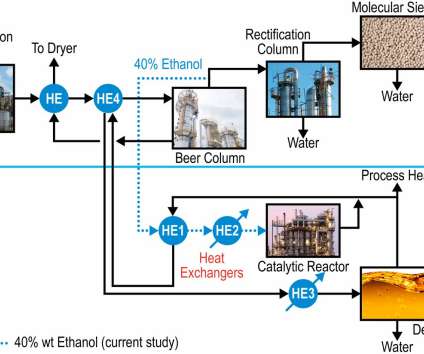CSIRO and partners to test Direct Injection Carbon Engine to reduce brown coal emissions by up to 50%
Green Car Congress
APRIL 28, 2014
DICE involves converting coal or biomass into a water-based slurry (called micronised refined carbon, MRC) that is directly injected into a large, specially adapted diesel engine. The project is supported by industry partners including Exergen, Ignite Energy Resources, AGL, MAN Diesel & Turbo and EnergyAustralia.





























Let's personalize your content